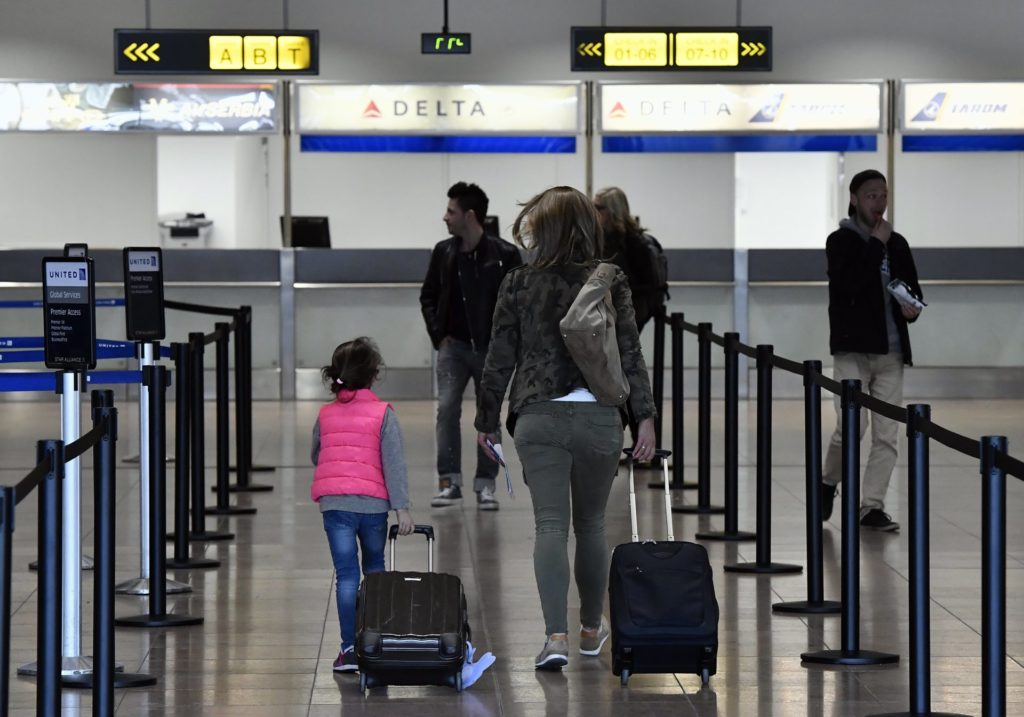EU citizens, long-term EU residents and their family members are exempted from the restrictions for non-EU countries where travel restrictions continue to apply as of 1 July.
On Tuesday, the Council of the European Union adopted a recommendation on the gradual lifting of the temporary restrictions on non-essential travel into the EU. Travel restrictions should be lifted for countries listed in the recommendation, with this list being reviewed and, as the case may be, updated every two weeks.
The Council lifted the travel restrictions at the external borders for residents in 15 third countries that meet EU’s epidemiological criteria and conditions for suppressing the coronavirus. For China the lifting is subject to confirmation of reciprocity.
The Council recommendation is not a legally binding instrument. The authorities of the member states remain responsible for implementing the content of the recommendation. They may, in full transparency, lift only progressively travel restrictions towards countries listed.
Member states are free to apply the recommendation in a stricter way but not in a softer way. A member state should not decide to lift the travel restrictions for non-listed third countries before this has been decided in a coordinated manner.
Despite the EU recommending its members to start lifting the travel restrictions for 15 countries, it is not certain that Belgium will open its borders to all of them.
Another issue is the measures concerning returning EU citizens and their family members. A Commission spokesperson confirmed at today’s press conference (2 July) that the Council had followed its proposal in this regard. Whether a country should be included or not in the list was however decided by the Council and political considerations could not be excluded.
Asked by The Brussels Times whether returning EU citizens from unsafe countries that do not appear in the list should be required to isolate themselves or put in quarantine, a spokesperson replied that it is up to the member states to decide on such measures in close coordination between themselves. Nothing has changed as regards their responsibility for public health.
M. Apelblat
The Brussels Times

